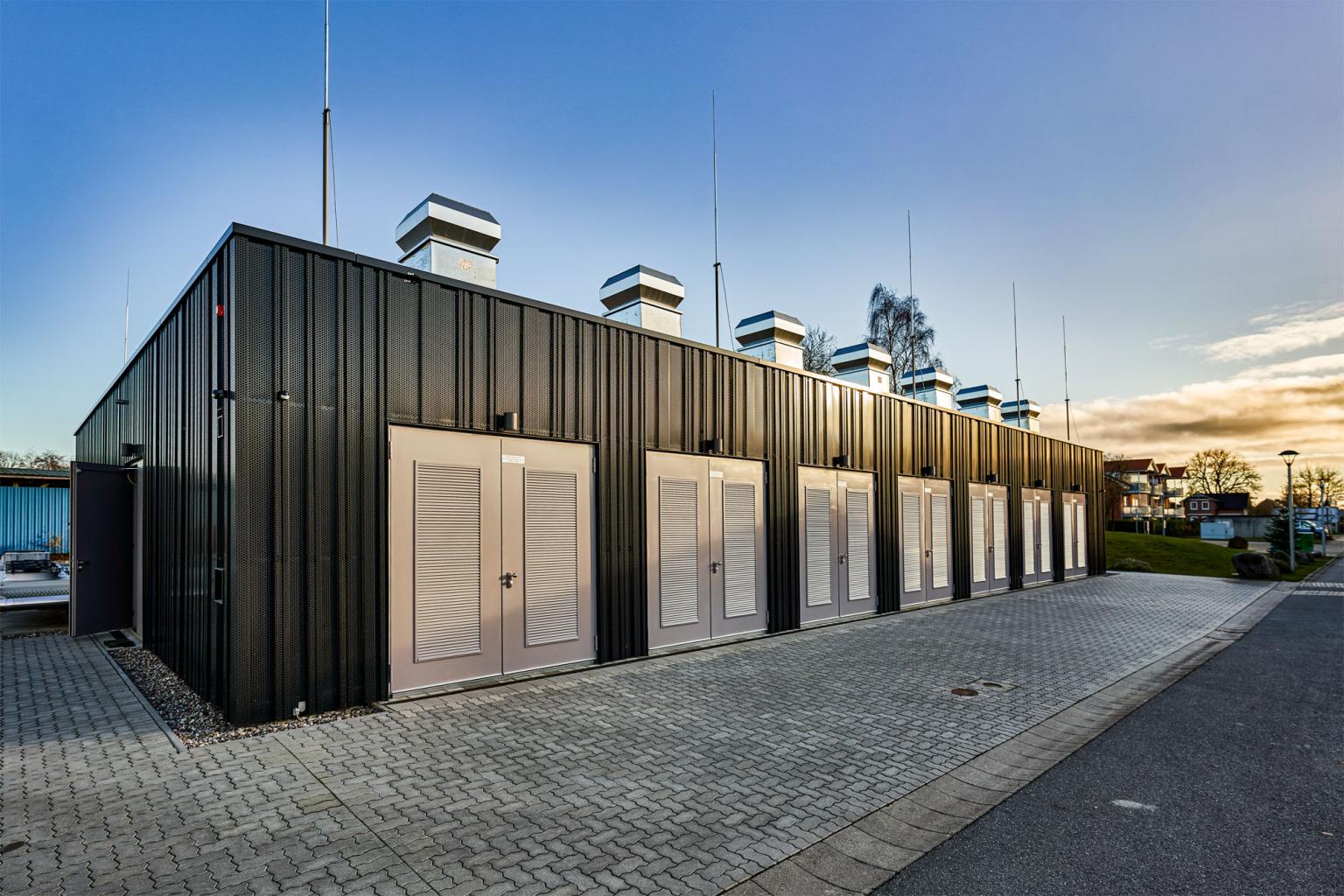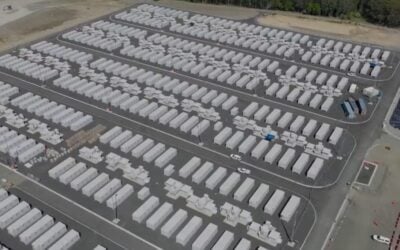
There could be energy storage should be the vital fourth “pillar” of the energy transition, a private members’ and stakeholders’ meeting by Bundersverband Energiespeicher (BVES), an energy storage trade association representing companies across Germany, heard.
Valeska Gottke, communications and markets representative for BVES, told Energy-Storage.news that the overall strategy and concept are still going through further development, refinement and discussion and will likely not be published in full until after the Energy Storage Europe trade event taking place in Dusseldorf, Germany, in mid-march.
Nonetheless, Gottke said, it was clear to attendees at the BVES ‘conclave’ event that the energy storage industry should have a “natural interest in applying energy storage systems to receive energy [reliably] from climate-friendly sources”.
It should also be recognised that as a set of technologies that can aid with and enable system-wide integration of resources, energy storage systems (ESS) are “‘connectors that bring flexibility to every system,” Gottke said.
Try Premium for just $1
- Full premium access for the first month at only $1
- Converts to an annual rate after 30 days unless cancelled
- Cancel anytime during the trial period
Premium Benefits
- Expert industry analysis and interviews
- Digital access to PV Tech Power journal
- Exclusive event discounts
Or get the full Premium subscription right away
Or continue reading this article for free
BVES said that at the moment there are 10 guiding principles it and its members consider that could or should help integrate energy storage as the “fourth pillar” of the energy transition (known in Germany as ‘Energiewende’). The other three pillars are the production, consumption and transport of energy.
Germany’s energy system in 2030 should be “decarbonised, safe and secure”, BVES said in its statement on those 10 principles, which the group said it will publish in due course as work continues to strategise their implementation.
This article has been amended from its original form: Energy-Storage.news published the list in error and would like readers to consider that they were a reference of a work in progress rather than meant for publication. We would like to apologise for any misunderstanding. The headline has also been amended to dispell any ambiguity: BVES is not a state-owned enterprise as may have been misinterpreted by readers from the prior wording.





